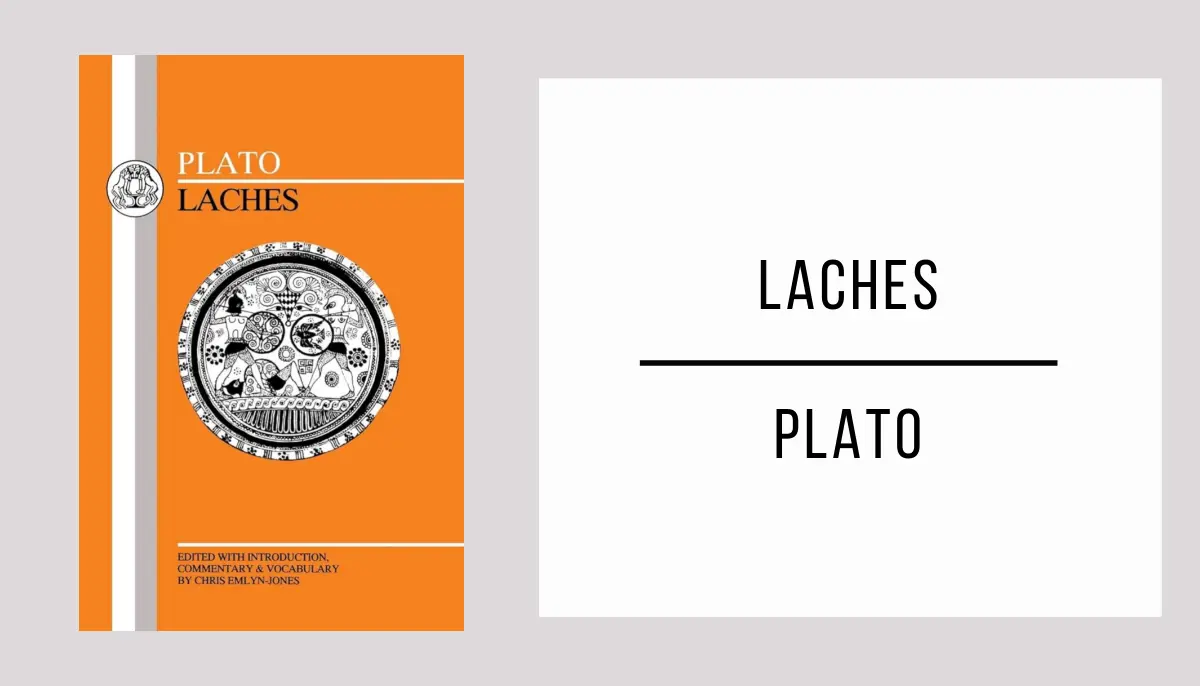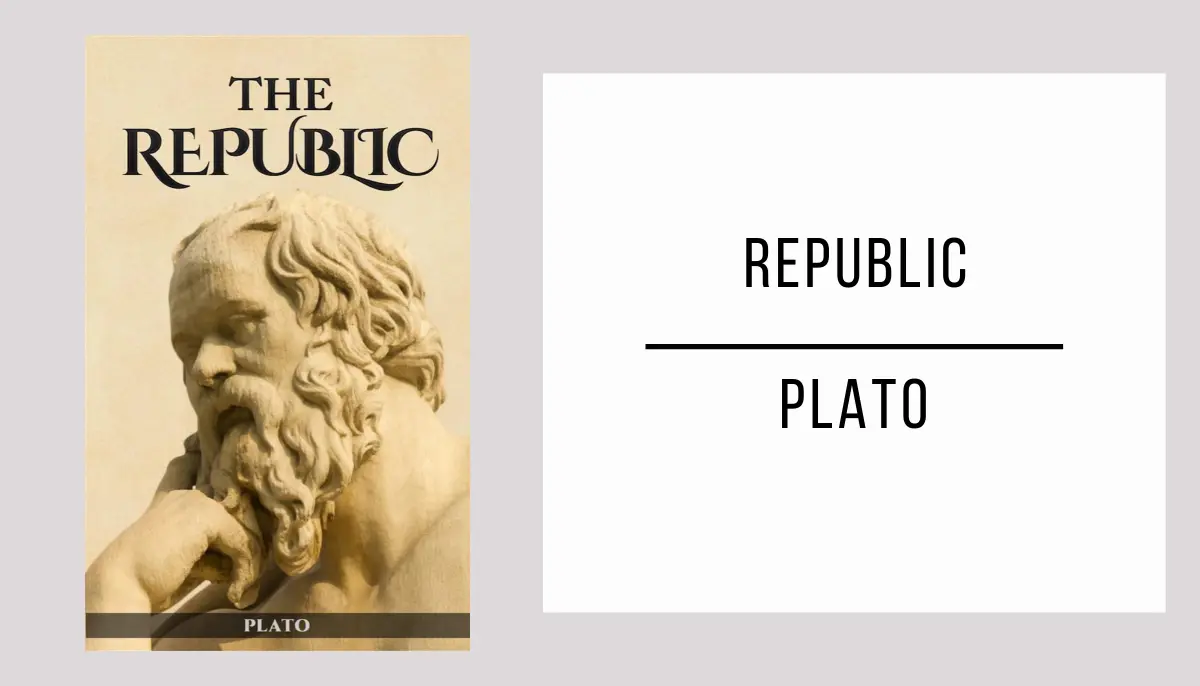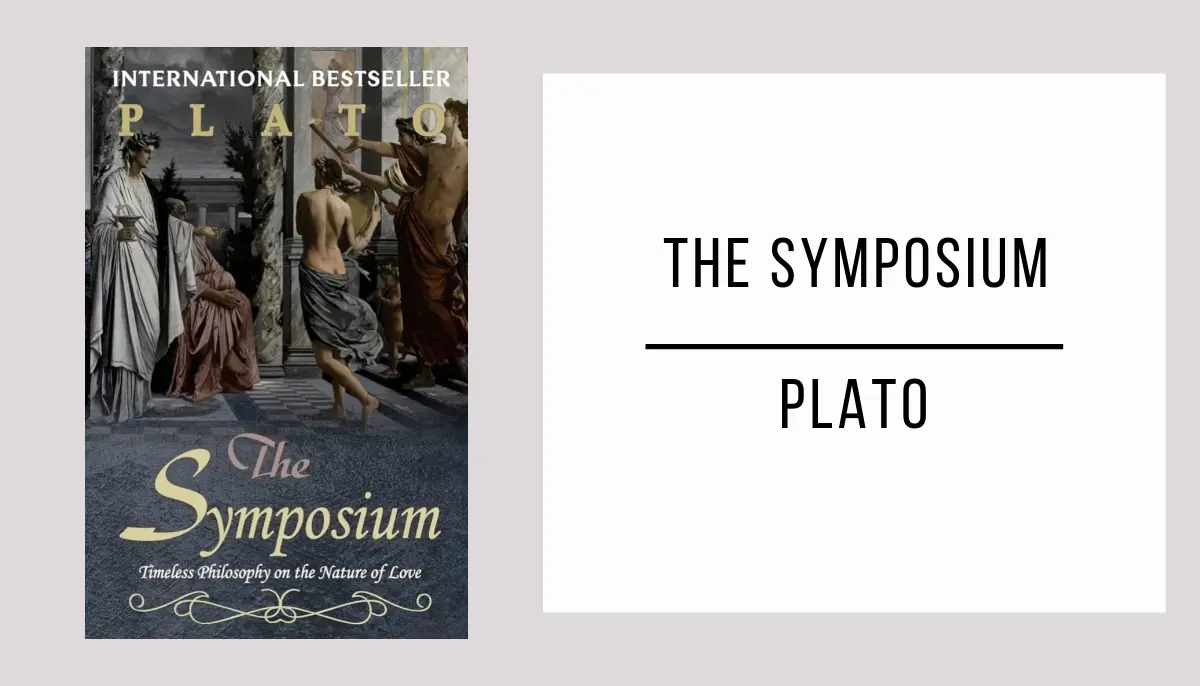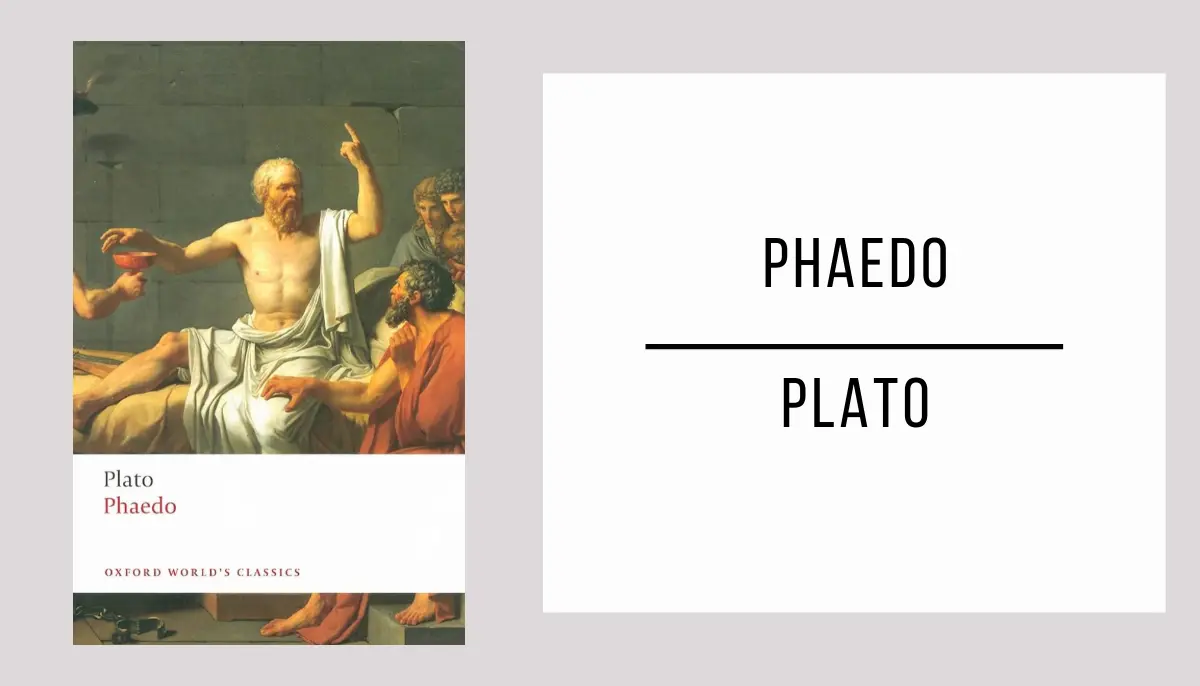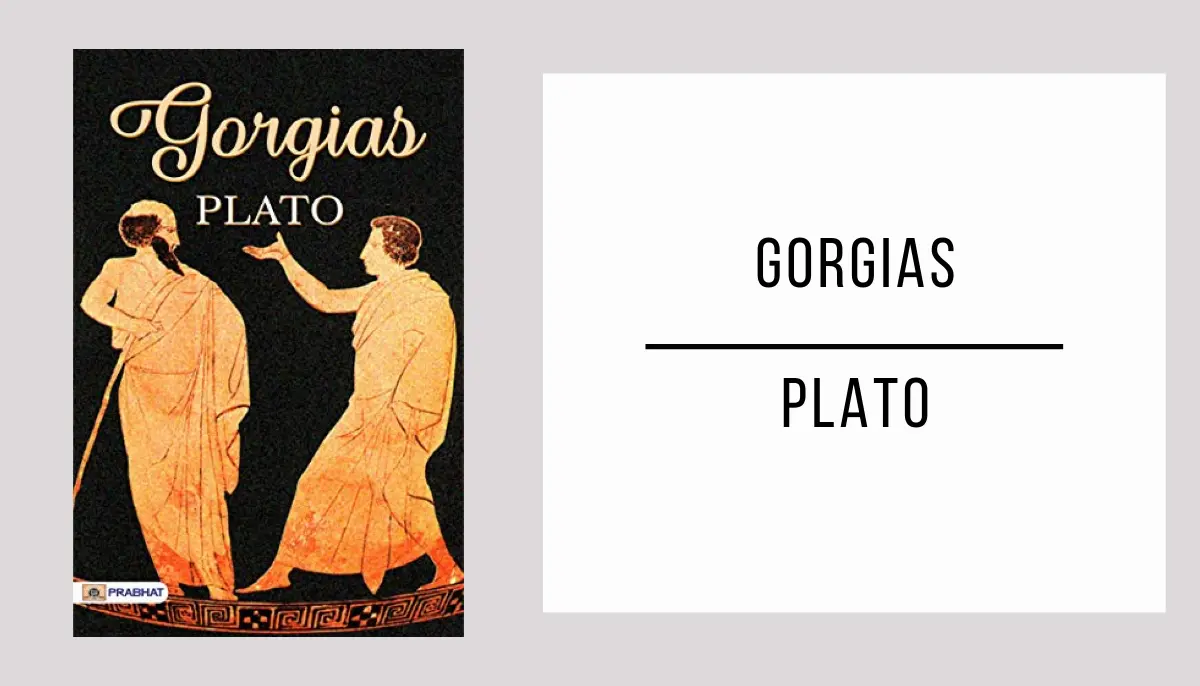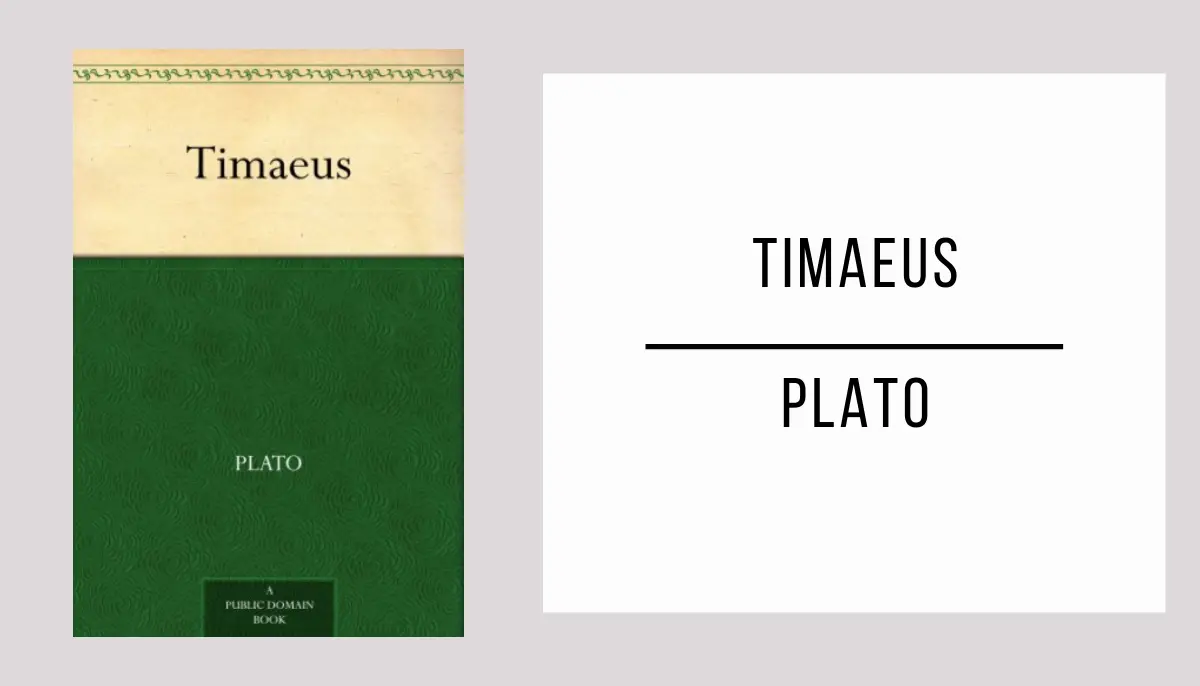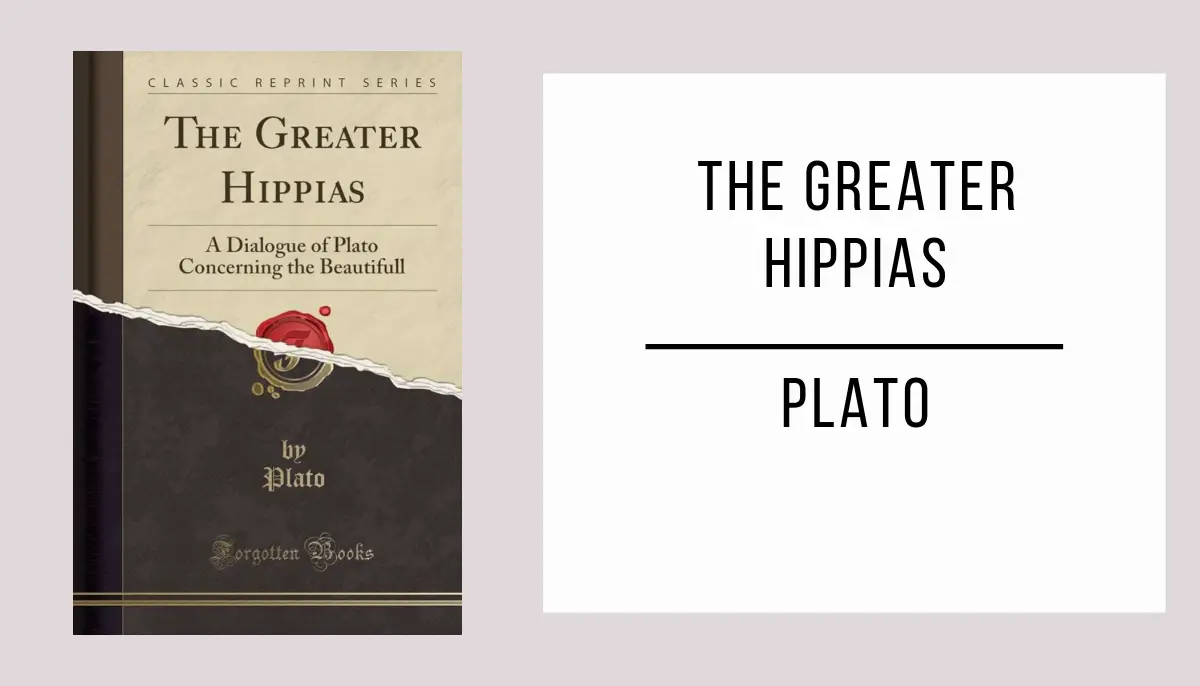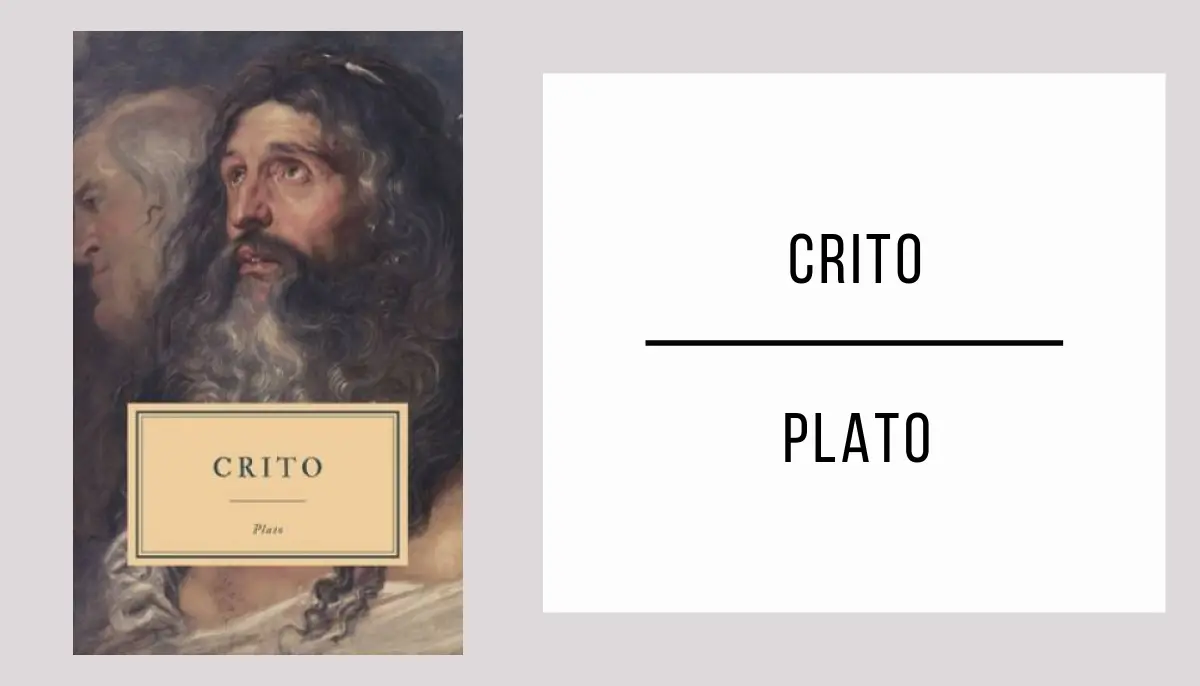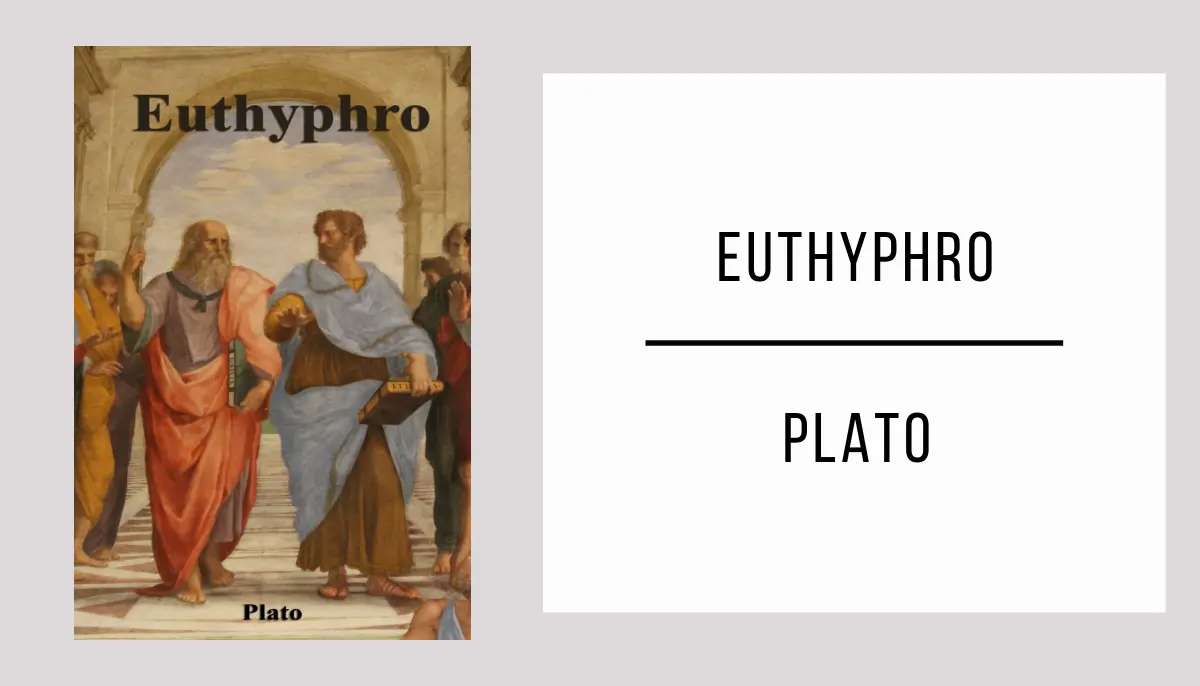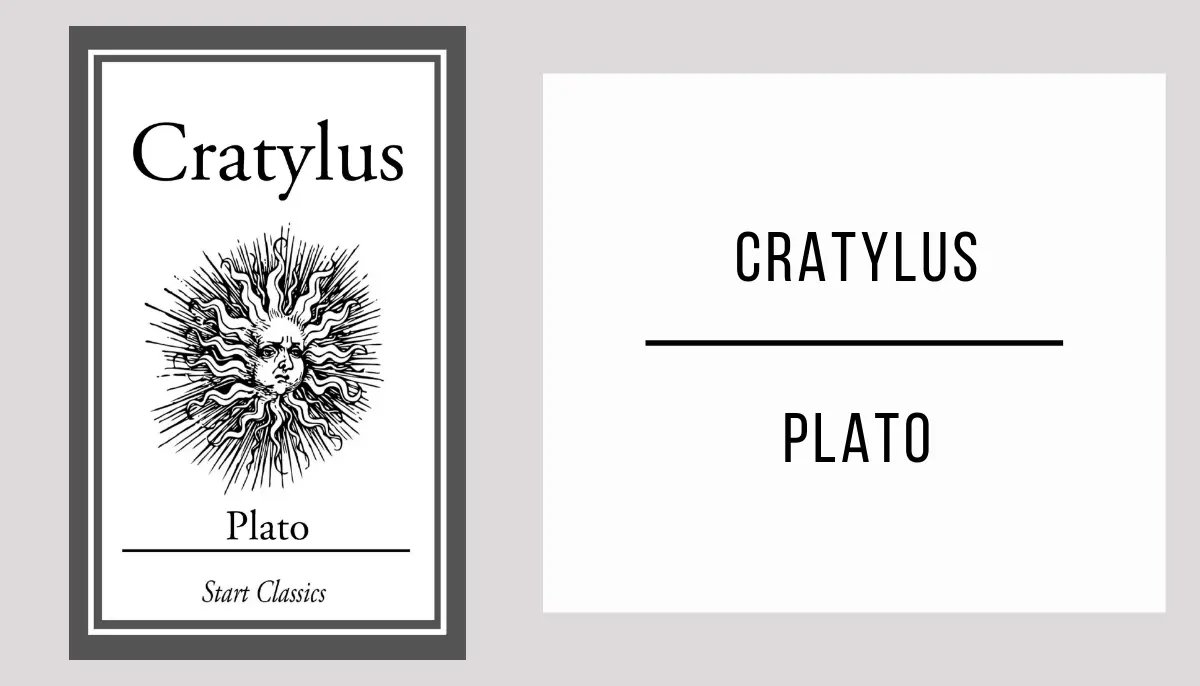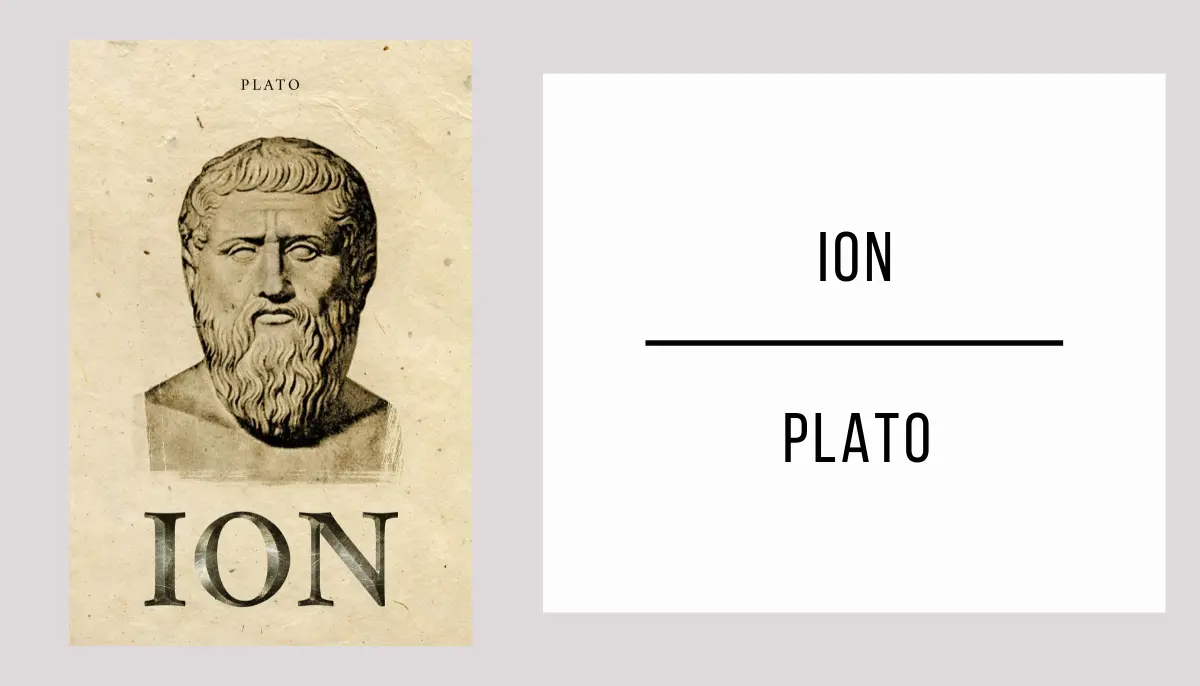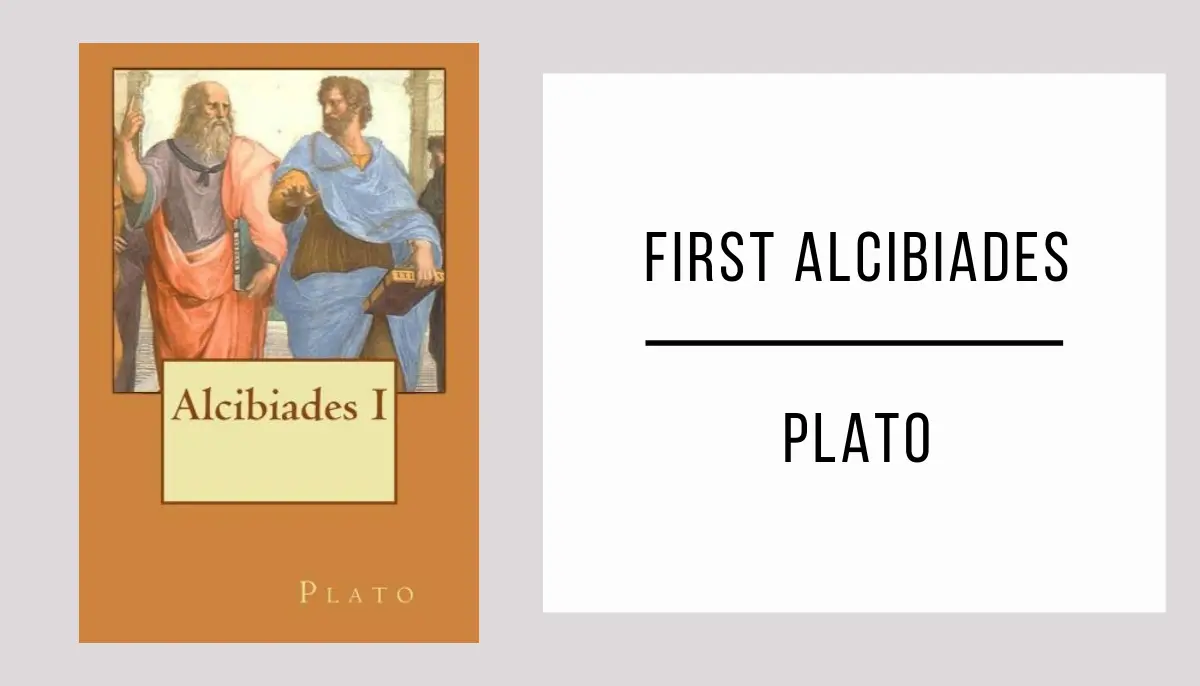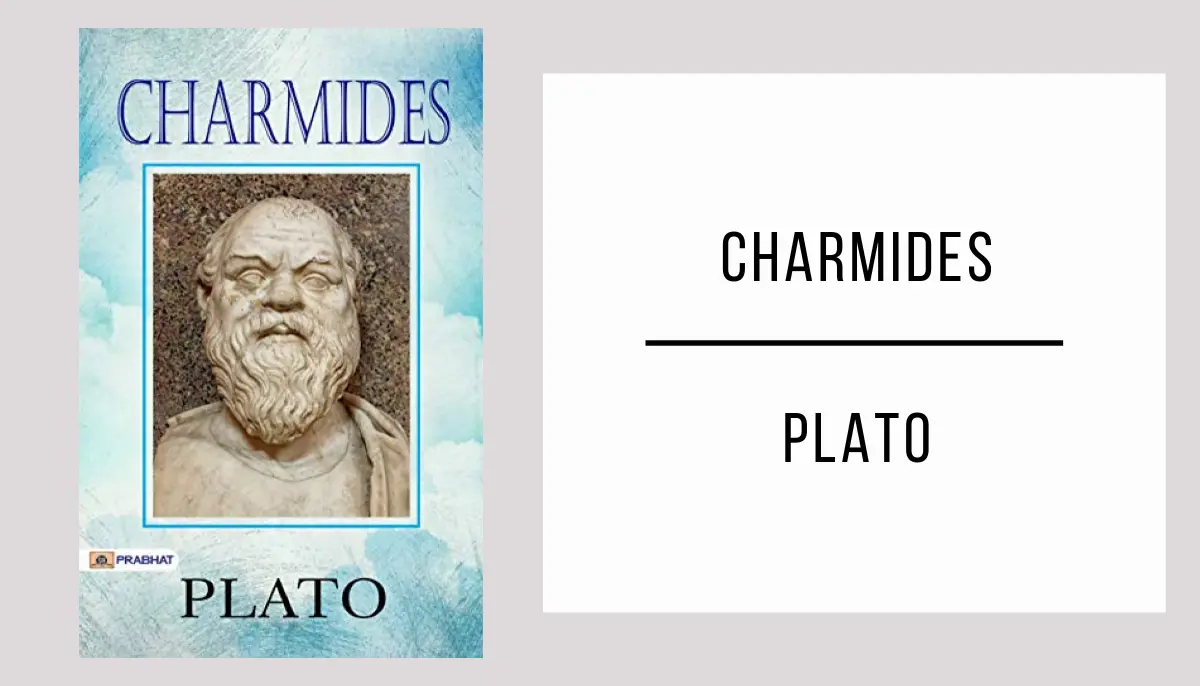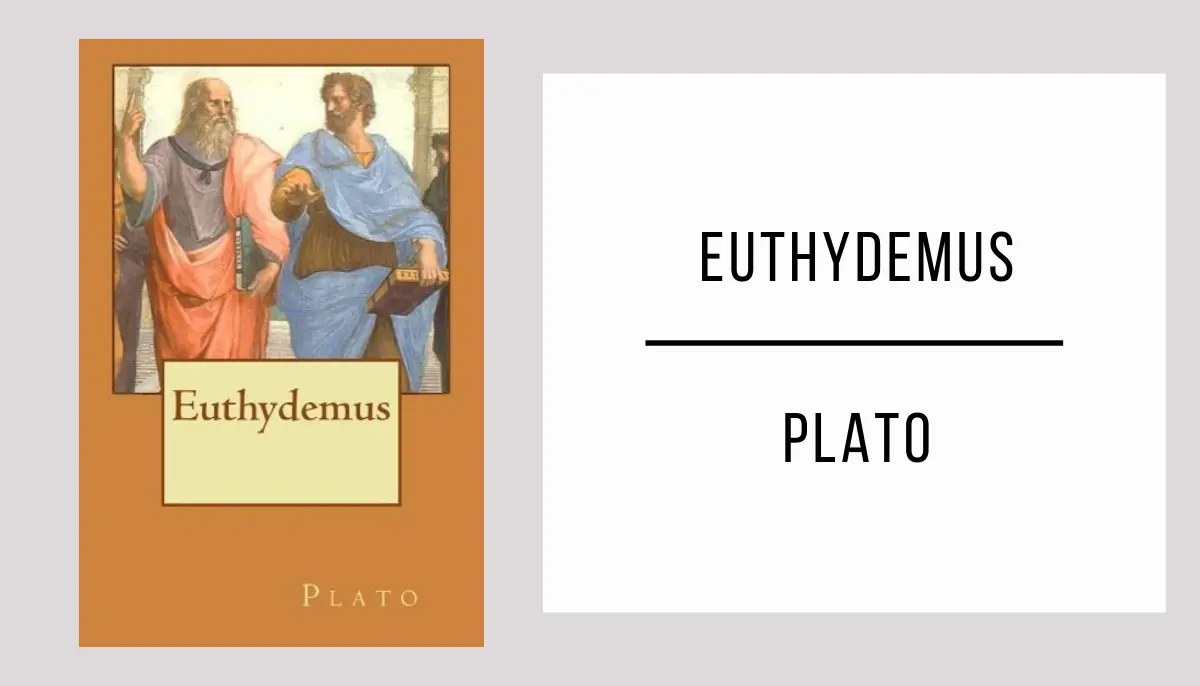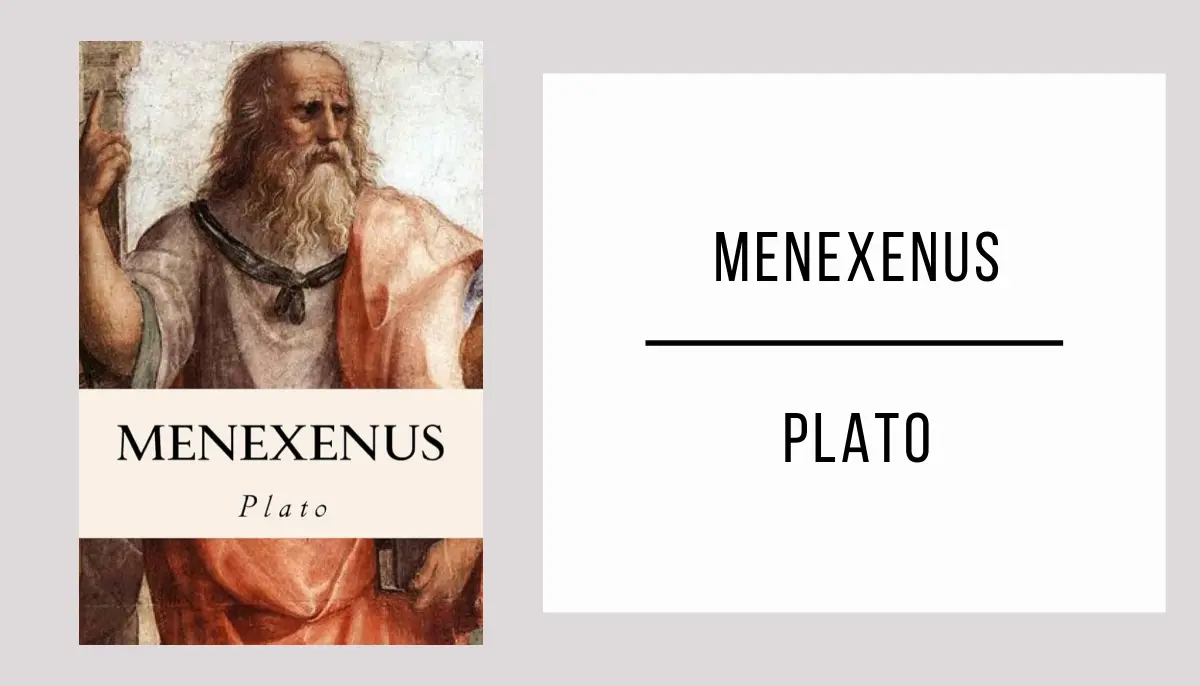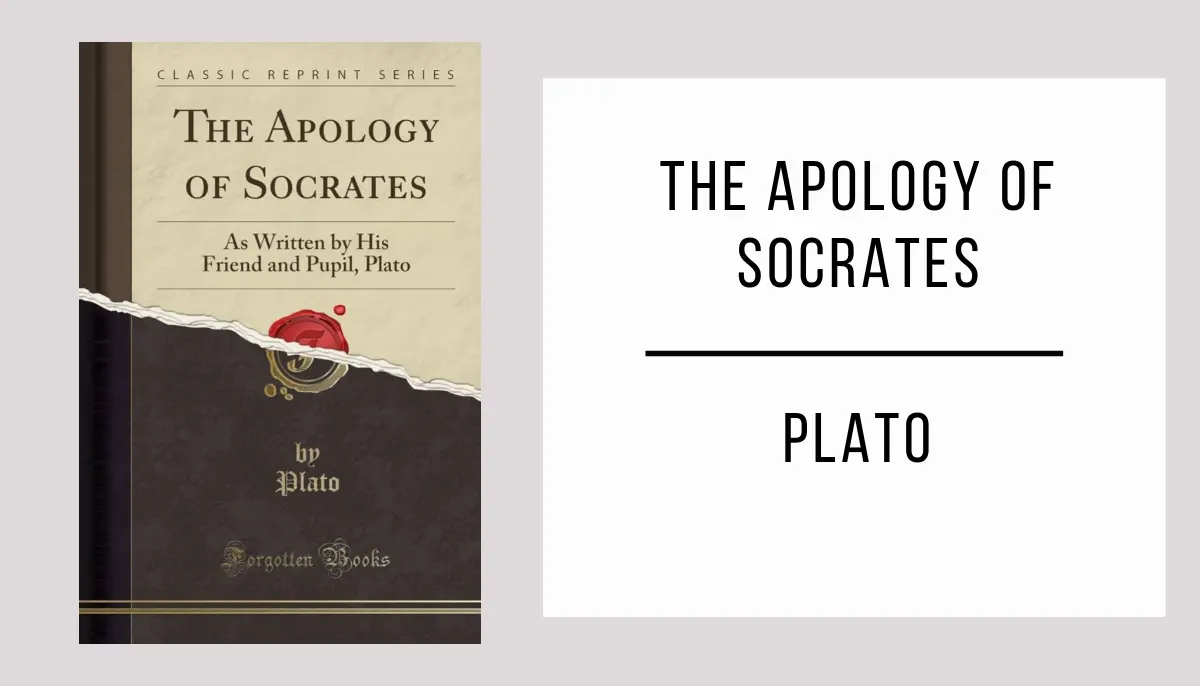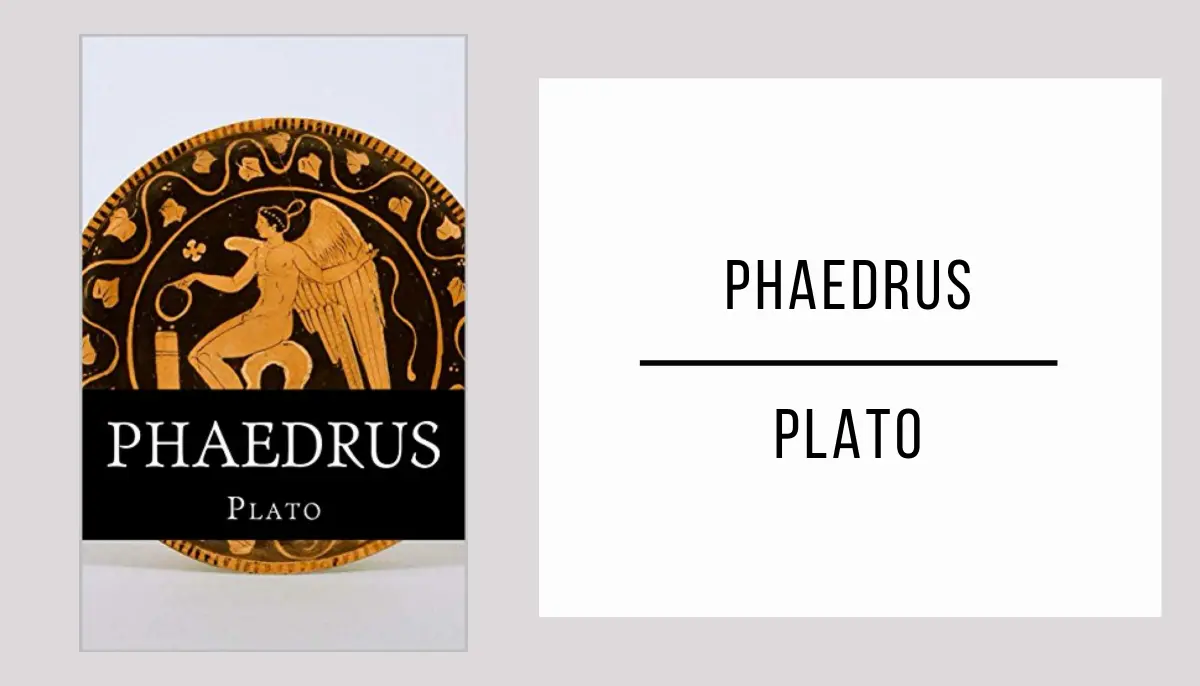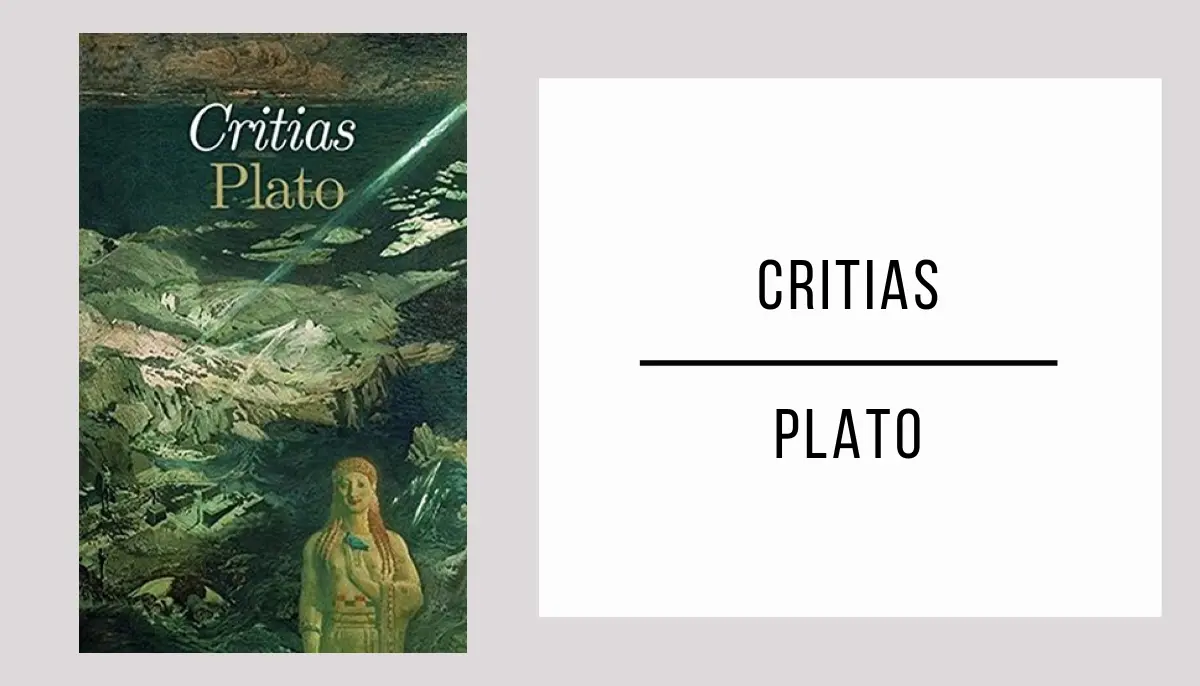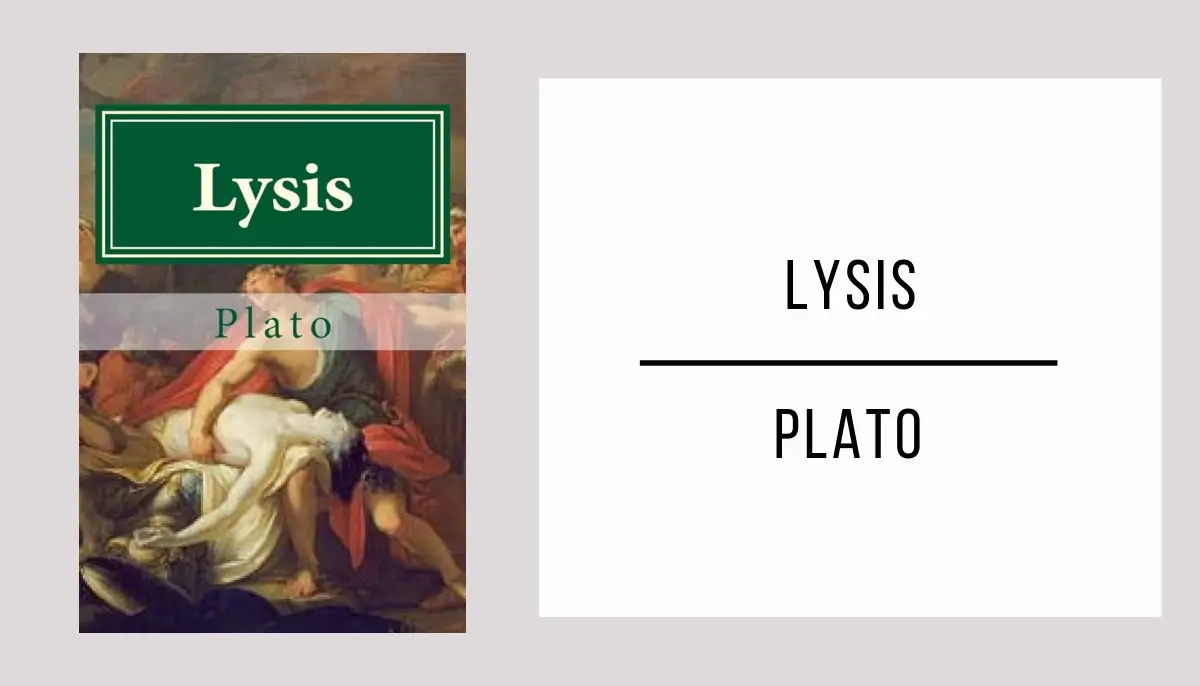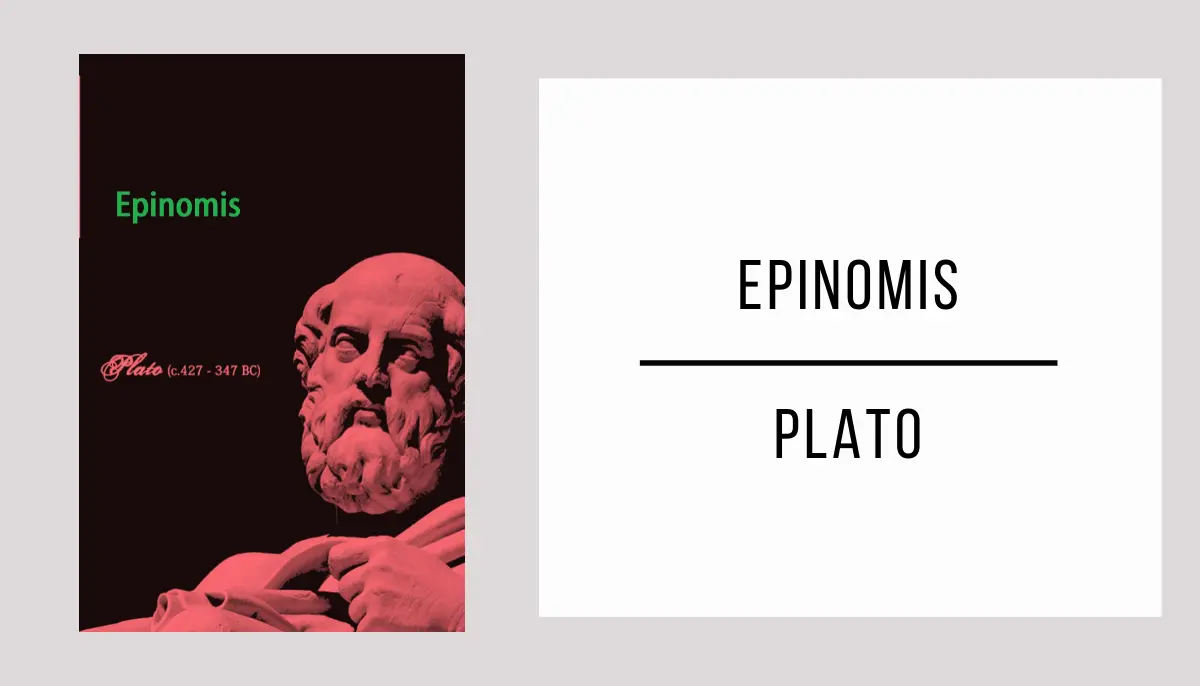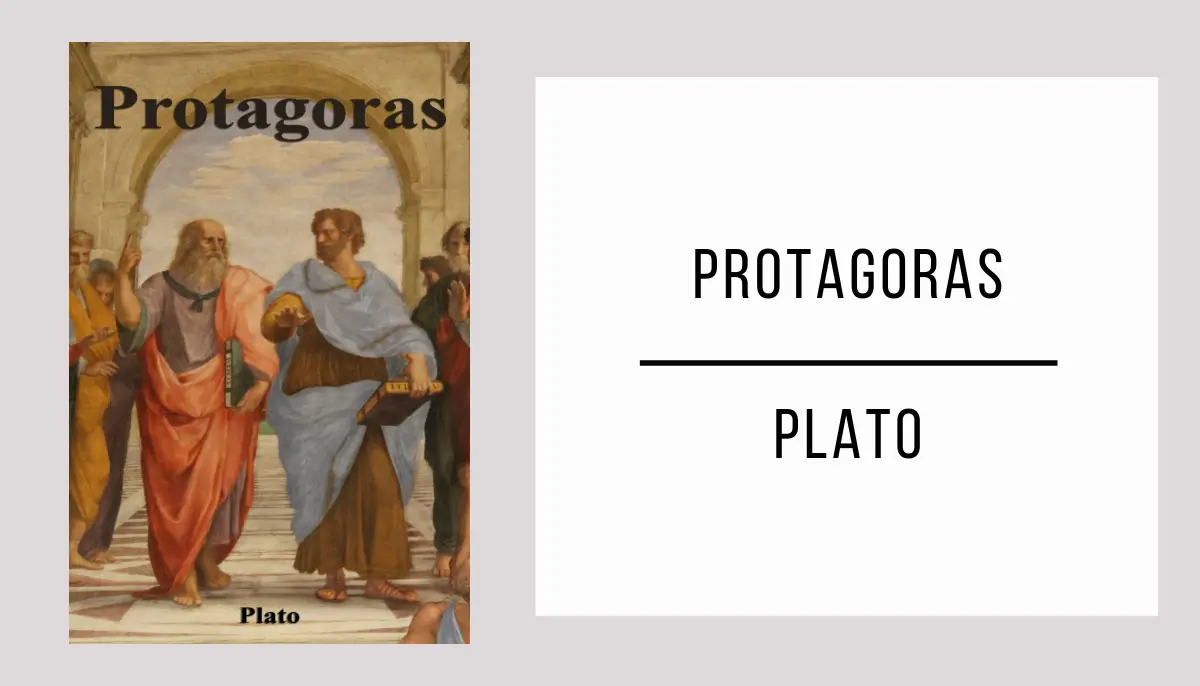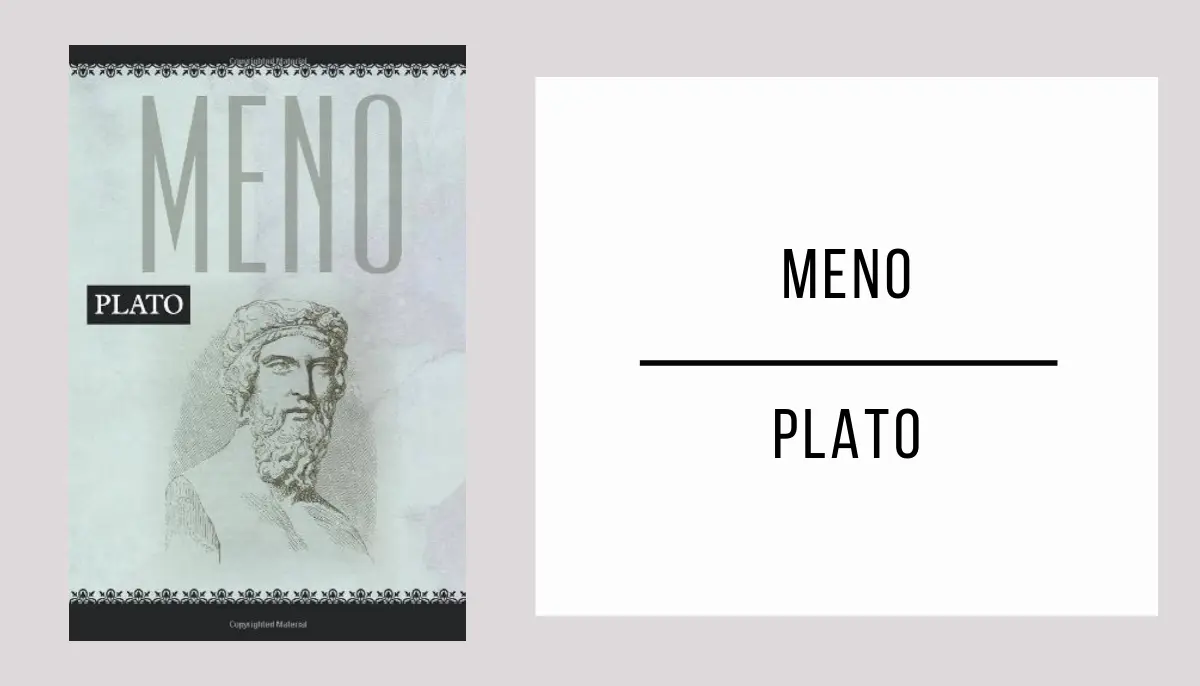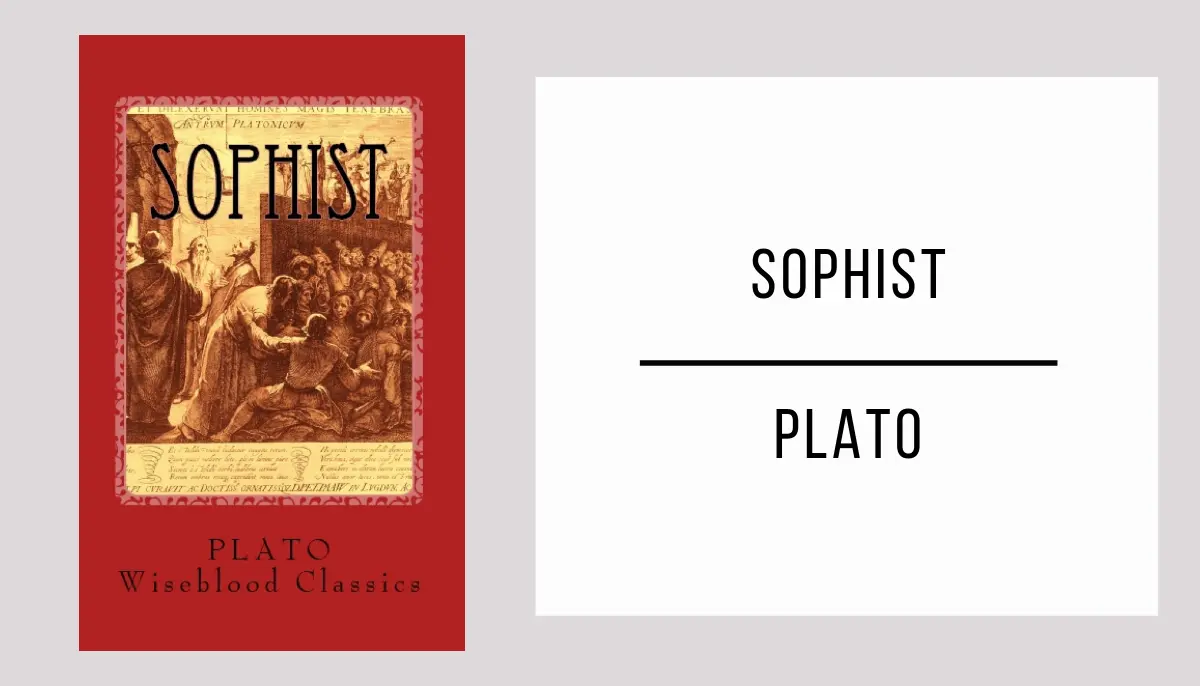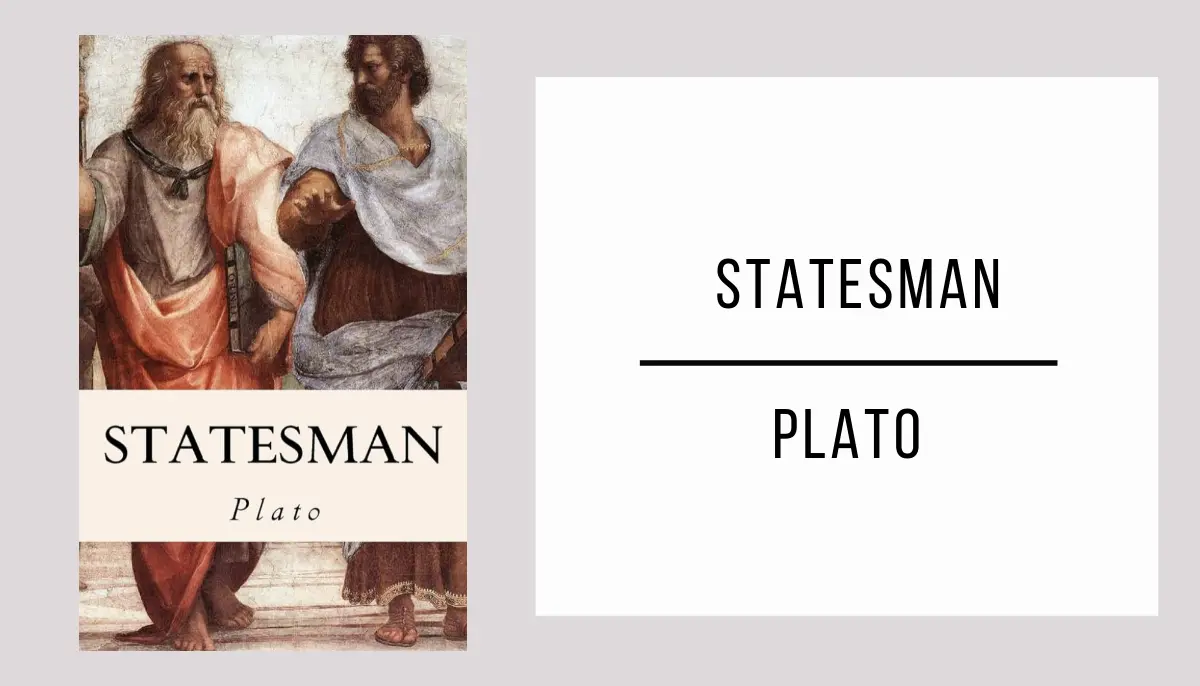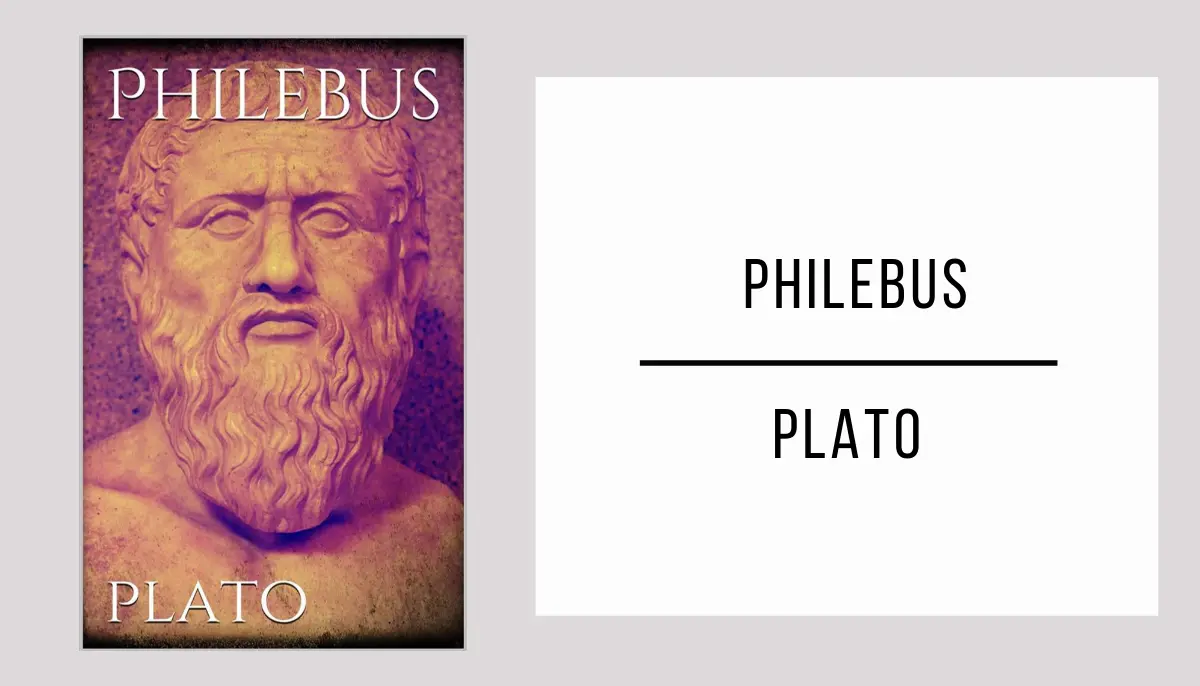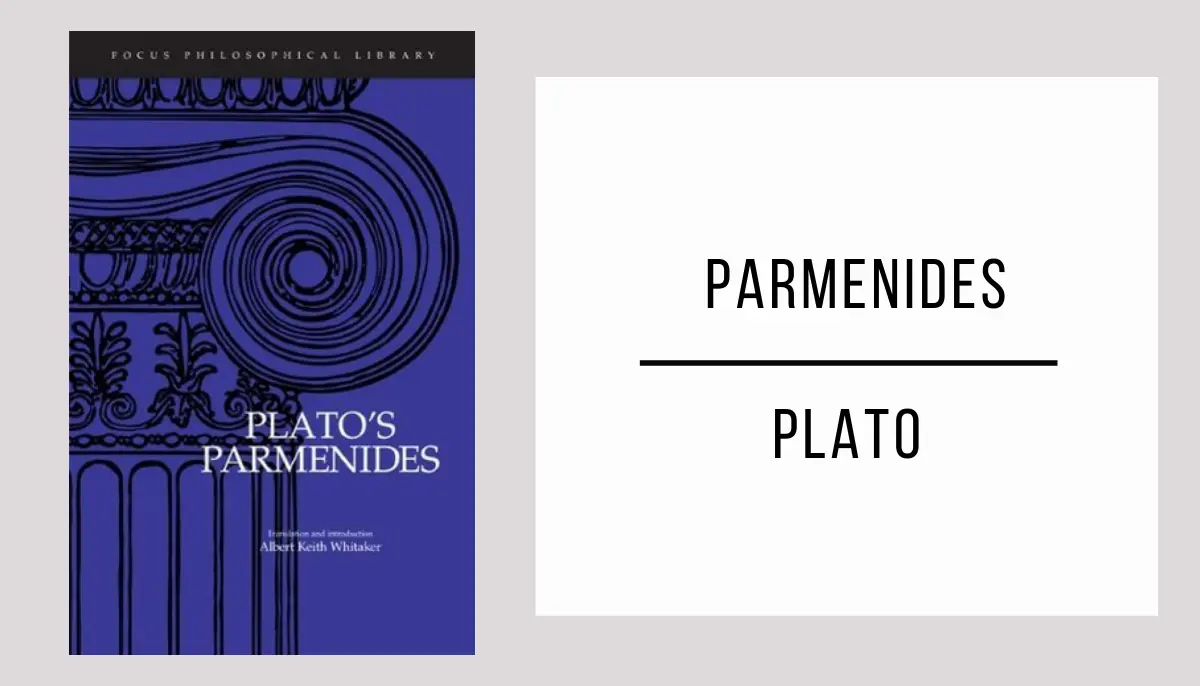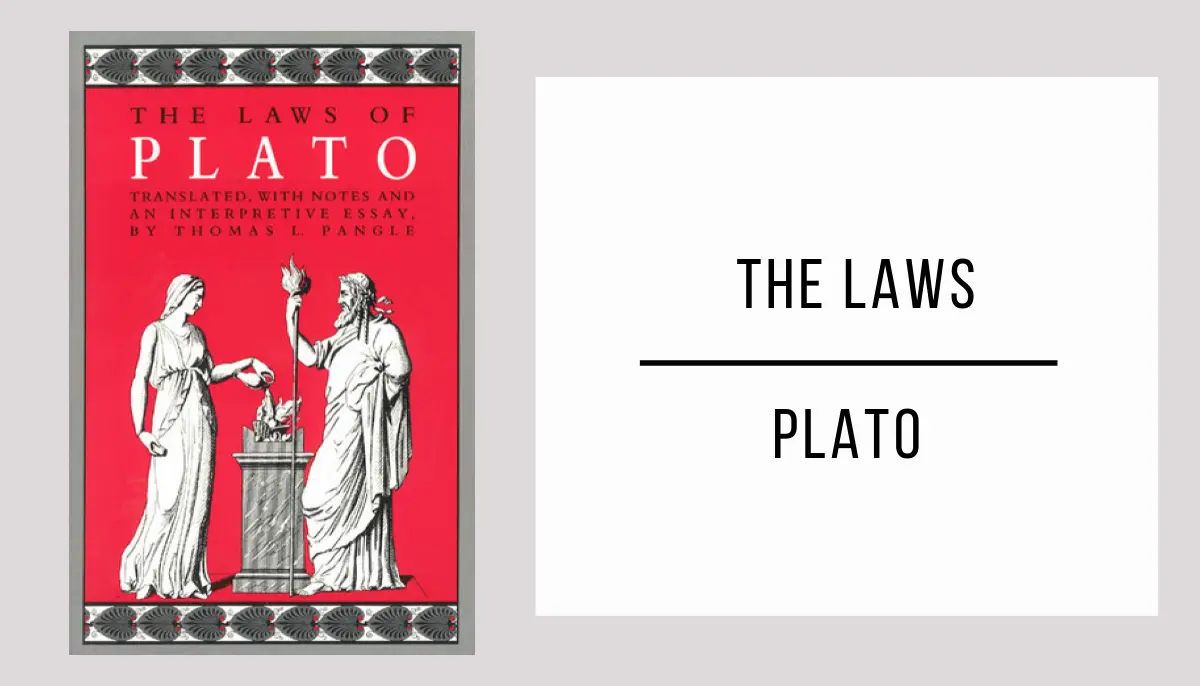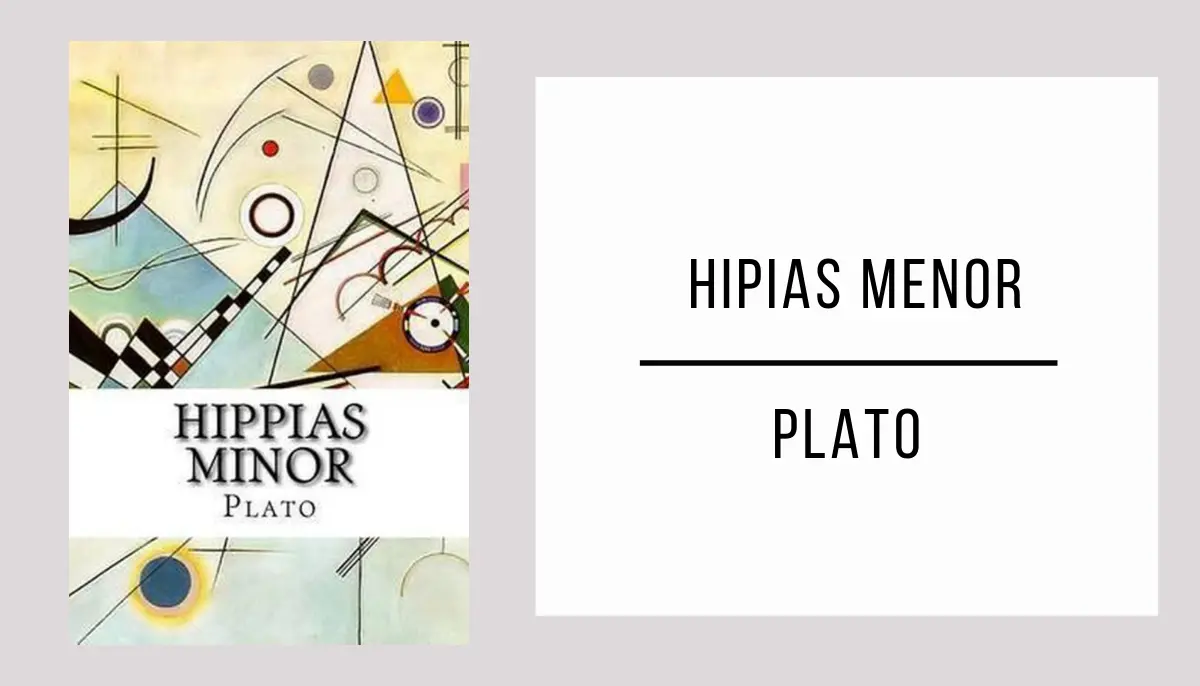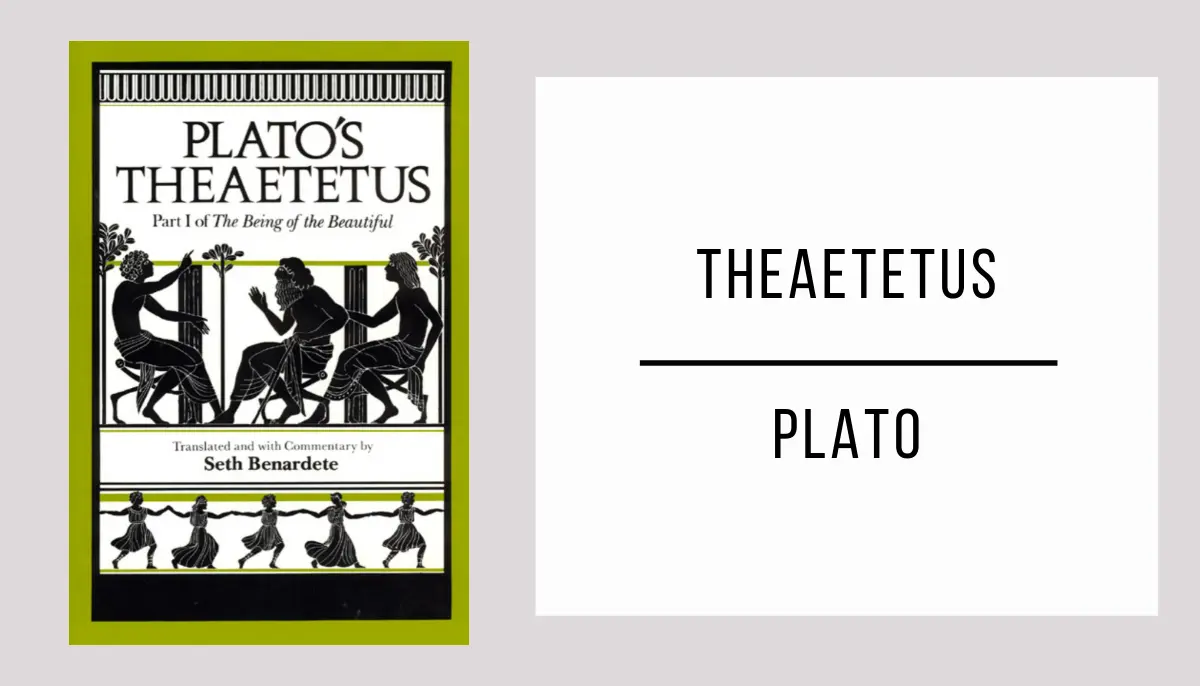“Laches” by Plato is a fascinating dialogue that explores the nature of courage and wisdom. Immerse yourself in the depths of classical philosophy as Plato analyzes the concepts of virtue and excellence in this masterpiece.
Download a free copy in PDF format of “Laches” by Plato right now and delve into this timeless classic. Explore philosophical ideas and enjoy the literary richness that only Plato can provide.
Don’t miss the opportunity to enrich your mind and awaken your spirit with “Laches” by Plato.
Laches in PDF format
*Wait a few seconds for the document to load, the time may vary depending on your internet connection. If you prefer, you can download the file by clicking on the link below.
Loading fileInformation Laches
- Author: Plato.
- Publication Date: Approximately in the year 380 B.C.
- Main Characters:
- Laches: Spartan soldier known for his courage.
- Nicias: Prominent Athenian politician noted for his wisdom.
- Socrates: Greek philosopher, protagonist of the dialogue.
- Brief Summary: In “Laches,” Socrates meets with Laques and Nicias to discuss the nature of courage. Together, they explore and question the ideas of what it means to be courageous and whether courage can be taught or acquired. Through profound dialogue, Plato examines virtues and ethical concepts related to courage.
- Thematic Analysis: “Laches” focuses on the exploration of the virtue of courage and its relationship with wisdom. Through the characters of Laques, Nicias, and Socrates, Plato examines different opinions and arguments about the nature of courage, questioning whether it is innate or can be taught. The dialogue also addresses broader themes such as ethics and the pursuit of moral excellence.
- Historical Context: “Laches” was written by Plato, one of the most influential philosophers of Ancient Greece. The work belongs to a period in which Plato developed his philosophy through dialogues, presenting philosophical ideas and discussions through characters. The dialogue is set in a historical context where Athens and Sparta were rival powers in Greece, which may influence the perspectives and arguments presented in the work.
Plato Books
This is our complete collection of Plato’s free books.


